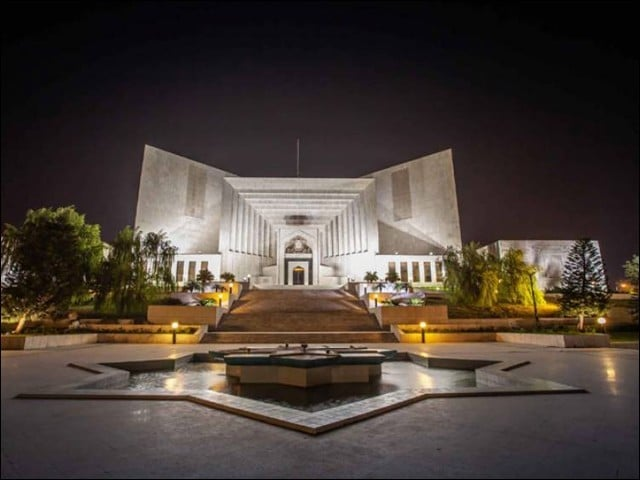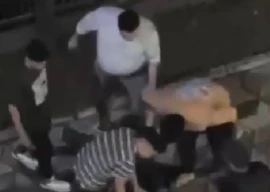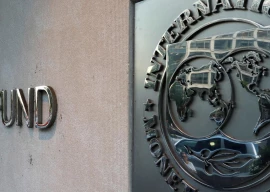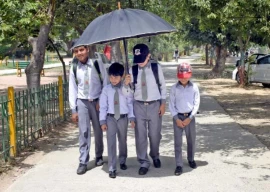
The top court has said the issue of narcotics has reached alarming proportions in Pakistan because of the ineffective and lackadaisical enforcement of laws and procedures and “cavalier manner” in which the agencies and at times courts address this serious problem.
"Studies based on conferences and seminars have very often shown that the menace is deep rooted. This menace is a great threat to a peaceful society and is affecting many lives especially the youngsters, therefore, immediate steps are required to be taken to curb these nefarious activities," said a seven-page written order authored by Justice Sayyed Mazahar Ali Akbar Naqvi.
Justice Naqvi was part of a three-member bench, led by Justice Yahya Afridi, which upheld the sentence of an individual whom a high court had convicted and sentenced to life imprisonment for possessing 563 kilogrammes of charas and 1.5 kilogrammes of opium.
The order said the proceeds of narcotics are largely utilized in anti-state and terrorist activities, which this country has been facing for decades.
It said when the prosecution is able to prove its case on its salient features then unnecessary technicalities should not be allowed to hamper the very purpose of the law on the subject.
"The close analysis of the whole prosecution evidence, ie, the recovery of huge quantity of narcotics, the happening of the occurrence in broad daylight, separating the samples from each packet in a prescribed manner and sending them to the chemical examiner, report of the chemical examiner and the statements of the prosecution witnesses when evaluated conjointly leaves no room to come to a different conclusion than what has been arrived at by the learned high court,” it said.
The SC said the high court had correctly appreciated the material aspects of the case and the conclusions drawn were in line with the guidelines enunciated by the top court on the subject.
The court referred to its last year judgement in which it had declared that the Control of Narcotic Substances (Government Analysts) Rules, 2001 virtually placed no bar on an investigating officer (IO) to send samples within a specified period of time.
"These rules are stricto sensu directory and not mandatory in any manner. It does not spell as to whether in case of any lapse, it would automatically become instrumental to discard the whole prosecution case,” it said.
The court said the rules cannot control the substantive provisions of the Control of Narcotic Substances Act, 1997 and cannot in any manner frustrate the salient features of the prosecution case.
“[This case] otherwise hinges upon (i) receipt of information, (ii) action by the concerned law enforcing agency, (iii) recovery of contraband narcotics, (iv) the report of chemical examiner regarding analysis of the recovered contraband, (v) the finding of fact by the courts below after recording of evidence i.e. (a) witnesses of the raiding party, (b) the recovery witnesses, (c) IO and all other attending circumstances.
"Even otherwise, in terms of Section 29 of the Control of Narcotic Substances Act, 1997, manner and standard of proof in cases registered under the act is slightly different as in terms of the said act the accused is presumed to have committed the offence unless the contrary is proved," the judgement said.


































COMMENTS
Comments are moderated and generally will be posted if they are on-topic and not abusive.
For more information, please see our Comments FAQ